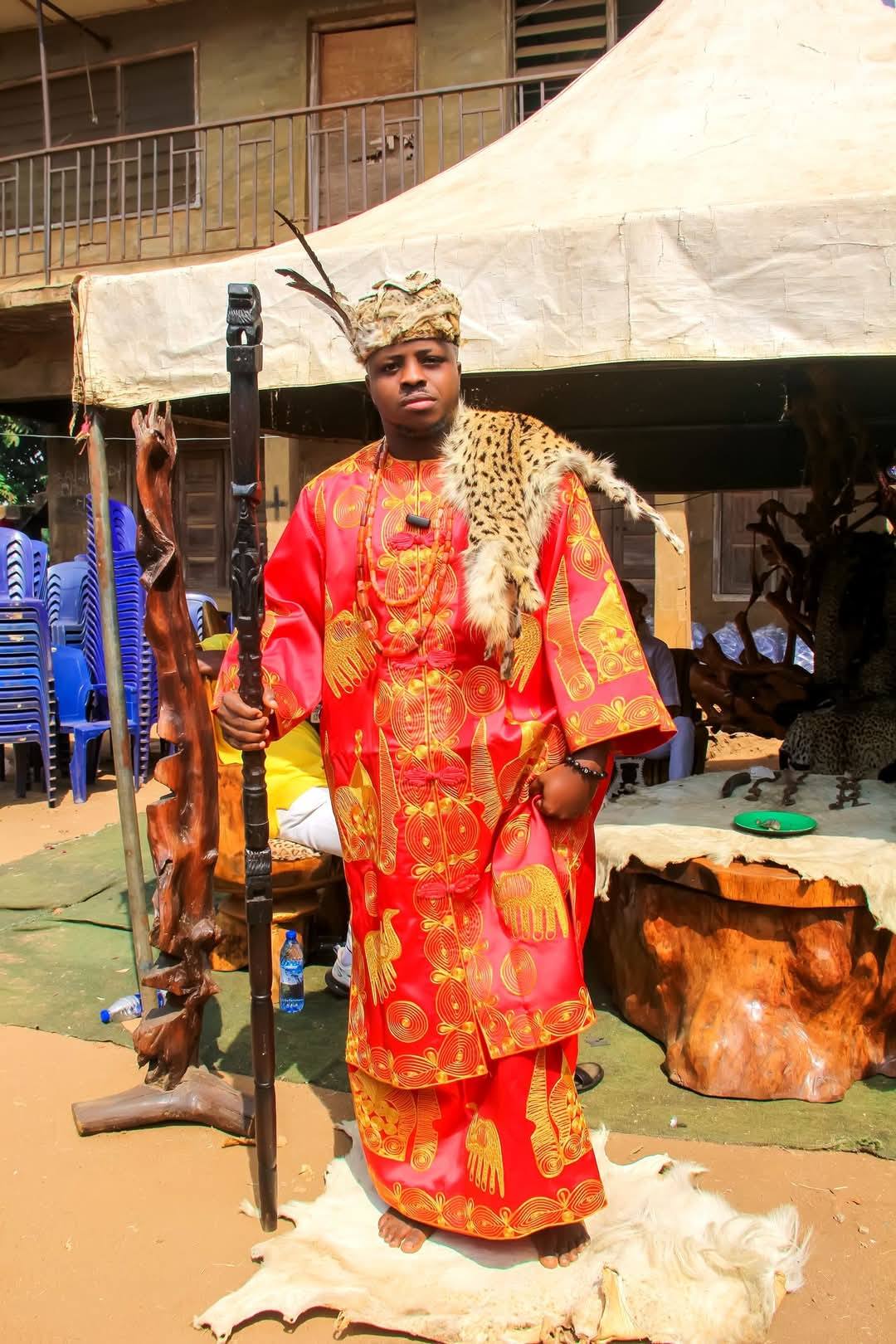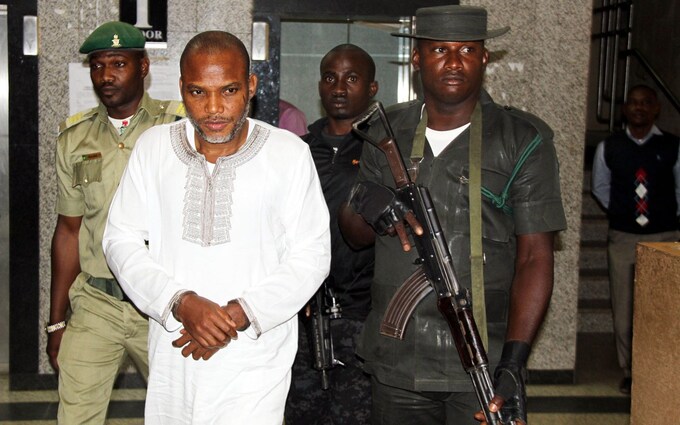In a thought-provoking statement that has sparked intense debate across Anambra State, Igbo historian and cultural advocate, Maazi Dibia, has called out what he describes as “a growing trend of religious discrimination” against practitioners of indigenous spirituality. His remarks, posted under the alias Admin Nkwelle, have raised serious concerns about religious freedom, governance, and the potential for conflict in the state.
At the heart of the controversy is the ongoing scrutiny of traditional spiritualist Akwa Okuko Tiwara Aki 1 of Oba, a well-known native doctor reputed for his mystical powers, particularly Okeite—a spiritual practice allegedly capable of fortifying individuals against harm. According to reports, the Anambra State government has placed increased pressure on traditionalists to “prove” the legitimacy of their practices. However, Maazi Dibia argues that this demand is selectively targeted, pointing out that Christian religious practices are not held to the same standard of proof.
“If Akwa Okuko Tiwara Aki 1 of Oba is expected to prove how Okeite works, then the Archbishops and Priests in Anambra State should also demonstrate how the ordinary Sacrament of Bread transforms into the Body and Blood of Jesus Christ. I want to understand how it works based on common sense, without ridicule or faith-based convictions,” he stated.
Double Standards? Questions on Religious Scrutiny
Expanding on his argument, Maazi Dibia questions why Christian sacramentals—such as Holy Communion, miraculous oils, healing waters, and anointing stickers—are not subjected to the same scrutiny that native spiritual practices face. He further asks:
- Does the Holy Communion have a NAFDAC registration number?
- Are the priests, pastors, and bishops licensed under the Anambra State Government to dispense ‘miracles’ or spiritual fortifications?
These pointed questions come amid rising reports of harassment of traditional religion practitioners across Anambra State. Maazi Dibia warns that such religious bias may fuel deeper divisions and even lead to conflict, stating that the government must tread carefully to avoid sparking a potential religious war.
“This administration has succeeded in brooding a potential religious crisis that will ravage Anambra State. Elders and statesmen are not seeing what I am seeing until it’s too late,” he warns.
A Call for Balanced Scrutiny and Cultural Respect
While making it clear that he is not a fan of controversial spiritualist Nwangwu Chidozie (another well-known native doctor), Maazi Dibia stresses that unfair scrutiny against one group will inevitably affect all others—using the Igbo proverb, “Once one finger touches oil, the rest are also stained.”
He further criticizes Anambra’s Commissioner for Culture and Tourism, Mr. Don Onyenji, questioning whether he fully understands the responsibilities of his office. According to Maazi Dibia, the role should involve protecting and preserving indigenous traditions, rather than allowing their suppression under the guise of crime prevention.
“If there is a need for scrutiny, then we should also scrutinize the Adoration Sacramentals dispensed every midweek in Anambra, as well as the so-called ‘Odeshi’ stickers, miraculous oil, healing water, favor soap, and other religious items marketed by various Christian leaders in the state,” he insists.
Elections and Political Manipulations?
As Anambra approaches its next electoral cycle, Maazi Dibia warns that the crackdown on traditionalists could be politically motivated, or at the very least, miscalculated. He suggests that Governor Prof. Charles Chukwuma Soludo and Deputy Governor Dr. Onyekachukwu Ibezim may have been misinformed by advisors who fail to grasp the implications of their policies.
“There is a need for a covert operation to dig out the Black Sheep aiding and abetting crime in this state. But this attack on Ọdinaani practitioners is nothing but a direct assault on the indigenous people’s right to belief and worship,” he writes.
A Plea for Dialogue and Fairness
In his closing remarks, Maazi Dibia invites government officials to visit his hometown, Nando, to witness the potency of indigenous spirituality firsthand. He emphasizes that adherents of Igbo traditional religion are not criminals but have been made “endangered species in our own land”—while so-called “miracle-performing” pastors, bishops, and native doctors engaging in criminal activities roam freely.
Using another Igbo proverb, “Ọ nụrụ Ube nwanne agbana Ọsọ” (translated as “If you hear your brother cry, do not run away”), he appeals for justice, fairness, and respect for all religious practices in Anambra State.
With religious tensions simmering and political stakes rising, the question remains: Will the Anambra State Government listen to these concerns before a full-blown crisis emerges?
Best Regards,
✨ #MaaziDibia
(Admin Nkwelle)

